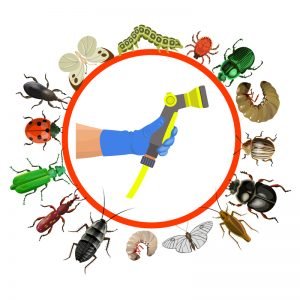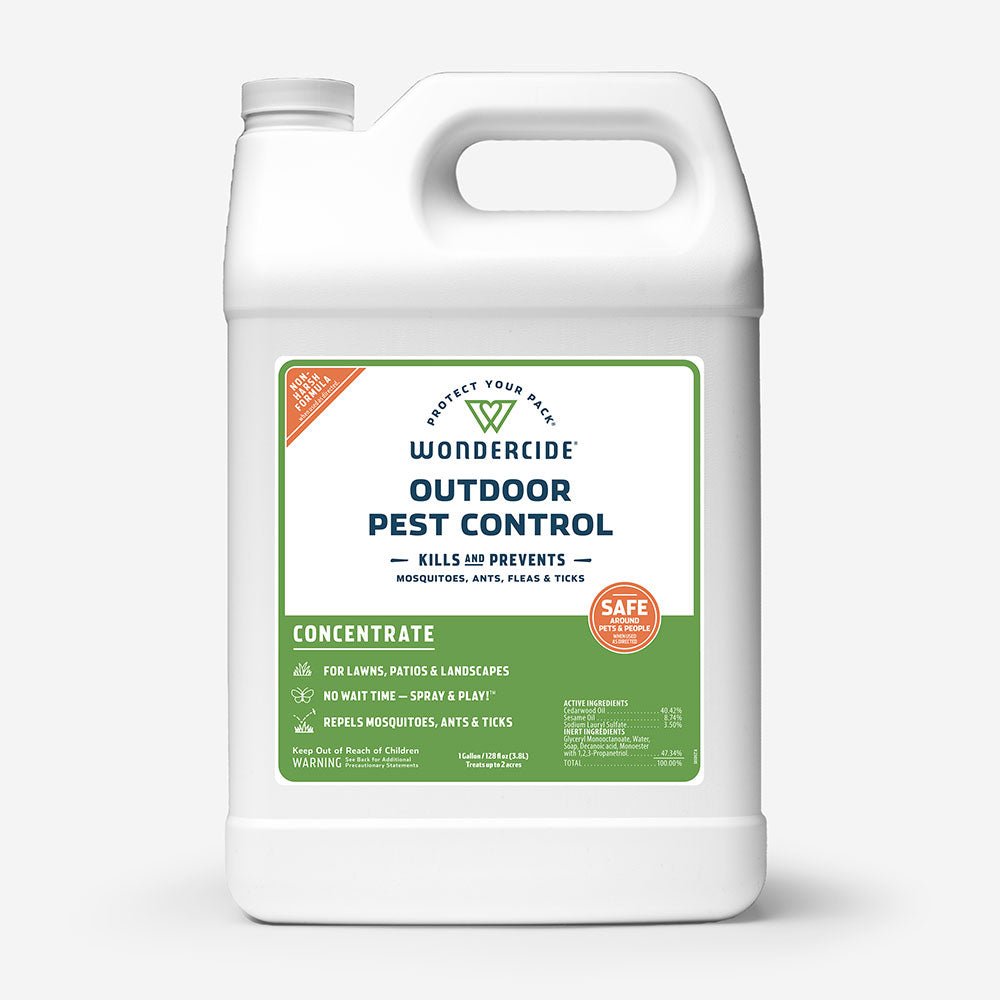In this article, you will learn about the importance of using animal repellent in your vegetable garden to protect your harvest from unwanted guests. We will discuss the different types of animal repellents available and their effectiveness in deterring common garden pests. Additionally, we will provide tips on how to use these repellents safely and effectively. By the end of this article, you will have a better understanding of how to safeguard your vegetable garden and ensure a bountiful harvest.
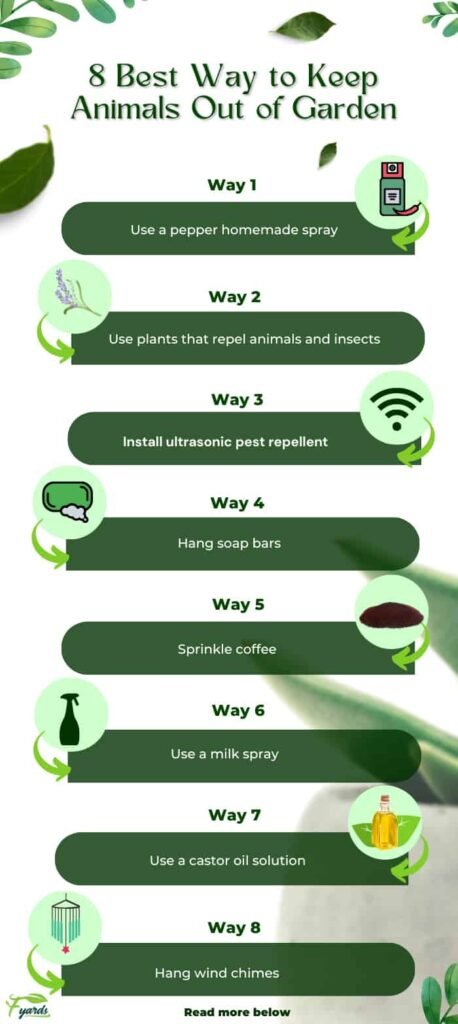

Protecting Your Harvest
When it comes to vegetable gardening, there is nothing more disheartening than watching your hard work and effort go to waste due to unwanted animal guests. Whether it’s rabbits nibbling on your lettuce leaves or deer trampling through your tomato plants, these intruders can cause significant damage to your vegetable garden. That’s where animal repellents come in handy. By effectively deterring these pests, you can protect your precious harvest and ensure a bountiful yield.


Preventing Damage from Unwanted Guests
-
Common Types of Animal Repellents
There are several types of animal repellents available in the market, each designed to target specific pests. Understanding these options will help you make an informed decision to keep unwanted guests at bay.
a. ### Spray Repellents
Spray repellents are a popular choice for many gardeners, as they are easy to apply and provide effective results. These repellents work by emitting odor or taste that animals find unpleasant, deterring them from approaching your garden.
b. ### Electronic Repellents
Electronic repellents utilize technology to repel animals. They often emit sounds or use motion-activated sensors to scare away pests. These devices can be particularly useful for larger animals like deer and raccoons.
c. ### Physical Barriers
Physical barriers serve as a physical blockade between your vegetable garden and potential intruders. Common examples include fences, netting, and row covers. These barriers create a physical obstacle that animals find difficult to breach.
-
Spray Repellents
Spray repellents can be further categorized into two types: natural repellents and chemical repellents.
a. ### Natural Repellents
Natural repellents are derived from organic materials and substances that deter animals. They are safe to use around edible crops and do not harm the environment. Common natural repellents include garlic, onion spray, and cayenne pepper solution.
b. ### Chemical Repellents
Chemical repellents, on the other hand, contain synthetic substances that discourage animals from entering your garden. While they may yield effective results, it is important to use them with caution and follow the application instructions carefully.
-
Electronic Repellents
Electronic repellents offer a high-tech solution to animal intrusion. Two common types of electronic repellents for vegetable gardens are ultrasonic repellents and motion-activated sprinklers.
a. ### Ultrasonic Repellents
Ultrasonic repellents emit high-frequency sounds that are undetectable to humans but irritating to animals. They create an uncomfortable environment for pests, making them leave the area.
b. ### Motion-Activated Sprinklers
Motion-activated sprinklers are equipped with sensors that detect movement. When an animal enters the protected zone, the sprinklers activate and release a sudden burst of water, startling and deterring the intruder.
-
Physical Barriers
Physical barriers can be an excellent choice for keeping animals out of your vegetable garden. Here are two common types of physical barriers you can consider:
a. ### Fences and Netting
Fences and netting are straightforward and effective methods to keep animals away. Ensure that the fence is sturdy and tall enough to prevent animals from jumping over or burrowing under it. Netting can be used to cover specific plants or create a barrier around the entire garden.
b. ### Row Covers
Row covers are lightweight fabric covers that allow sunlight and moisture to reach the plants while keeping pests out. They are particularly useful for protecting young seedlings and delicate crops from insects and birds.
-
Choosing the Right Animal Repellent for Your Vegetable Garden
When selecting an animal repellent, consider the following factors:
a. ### Identify the Target Animals
Different animals have different preferences and aversions, so it’s important to identify the specific pests in your area. This will help you choose the most effective repellent.
b. ### Consider Environmental Impact
It’s important to opt for repellents that are safe for the environment and do not harm beneficial insects or wildlife. Selecting natural or eco-friendly options can help minimize any negative environmental impact.
c. ### Evaluate Cost-effectiveness
Take into account the cost of the repellent and its effectiveness. Some options may be more expensive upfront but provide long-lasting protection, saving you money in the long run.
-
Tips for Using Animal Repellents Effectively
To maximize the effectiveness of animal repellents, consider the following tips:
a. ### Follow Application Instructions
Read and follow the instructions provided with the repellent product carefully. Applying the right amount in the correct manner will ensure optimal results.
b. ### Reapply as Needed
Animal repellents may diminish over time, especially due to weather conditions. Regularly reapply the repellent as needed to maintain its effectiveness.
c. ### Rotate Repellents
Animals can become accustomed to a specific repellent over time. To prevent habituation, change the type of repellent used periodically or rotate between different repellents.
-
Natural Remedies as Animal Repellents
In addition to commercially available repellents, there are natural remedies that can help deter animals:
a. ### Garlic and Onion Spray
Prepare a solution by blending garlic cloves or onions with water and straining the mixture. Spray this solution on and around your plants to repel pests.
b. ### Cayenne Pepper Solution
Mix cayenne pepper or hot sauce with water and spray it on plants. The spicy taste will discourage animals from nibbling on your crops.
-
Repellent Plants for Vegetable Gardens
Some plants naturally repel pests, making them excellent companions for your vegetable garden. Consider adding these repellent plants to your garden layout:
a. ### Marigolds
Marigolds are known to repel pests such as aphids, nematodes, and rabbits. Plant them around the perimeter of your vegetable garden to create a natural pest barrier.
b. ### Lavender
Lavender not only adds a pleasant fragrance to your garden but also repels deer, rabbits, and other pests. Place lavender plants near your vegetable crops to keep unwanted animals at bay.
c. ### Mint
Mint plants emit a strong odor that repels insects and rodents. Planting mint around your garden or using mint leaves as mulch can help deter pests and protect your harvest.
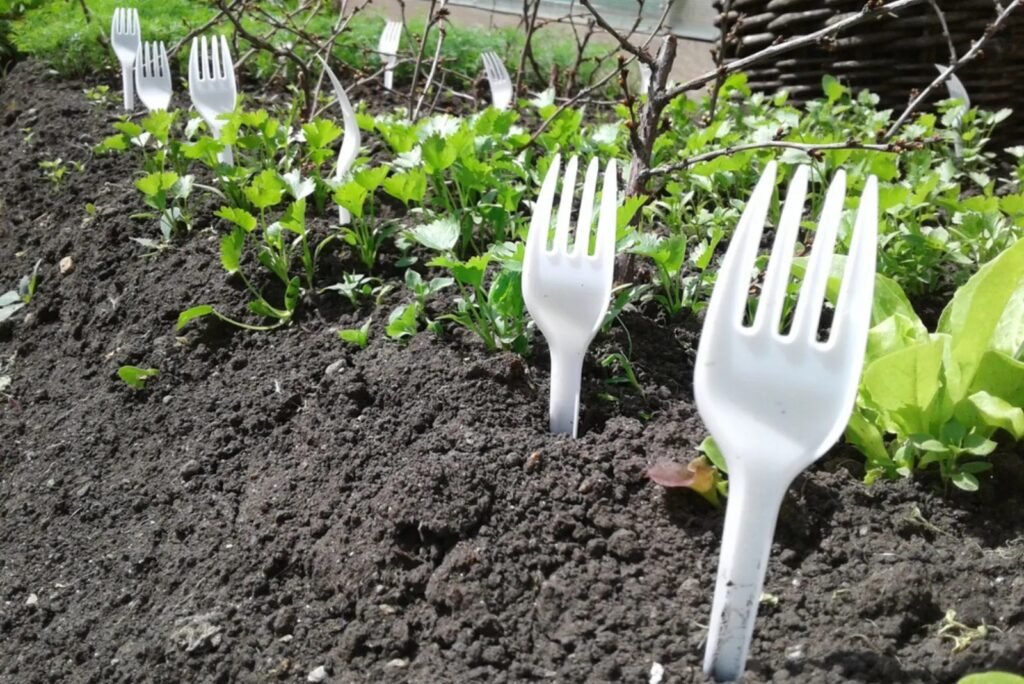

Conclusion
Protecting your vegetable garden from unwanted animal guests is crucial for ensuring a bountiful harvest. By utilizing the appropriate animal repellent methods and products, you can safeguard your crops and enjoy the fruits of your labor. Choose the right repellents based on your garden’s needs, consider the potential environmental impact, and follow the tips provided to keep unwanted guests out of your vegetable garden. With the right strategies in place, you can protect your precious harvest and enjoy the satisfaction of a successful vegetable gardening season.
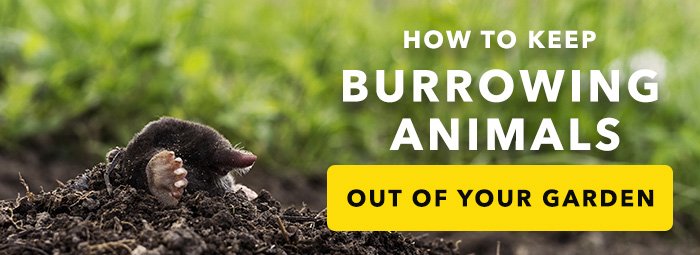

Your Expert in Animal Control and Extermination. Trust our experience for humane, effective pest management, protecting your property and ensuring peace of mind with Michael S.




